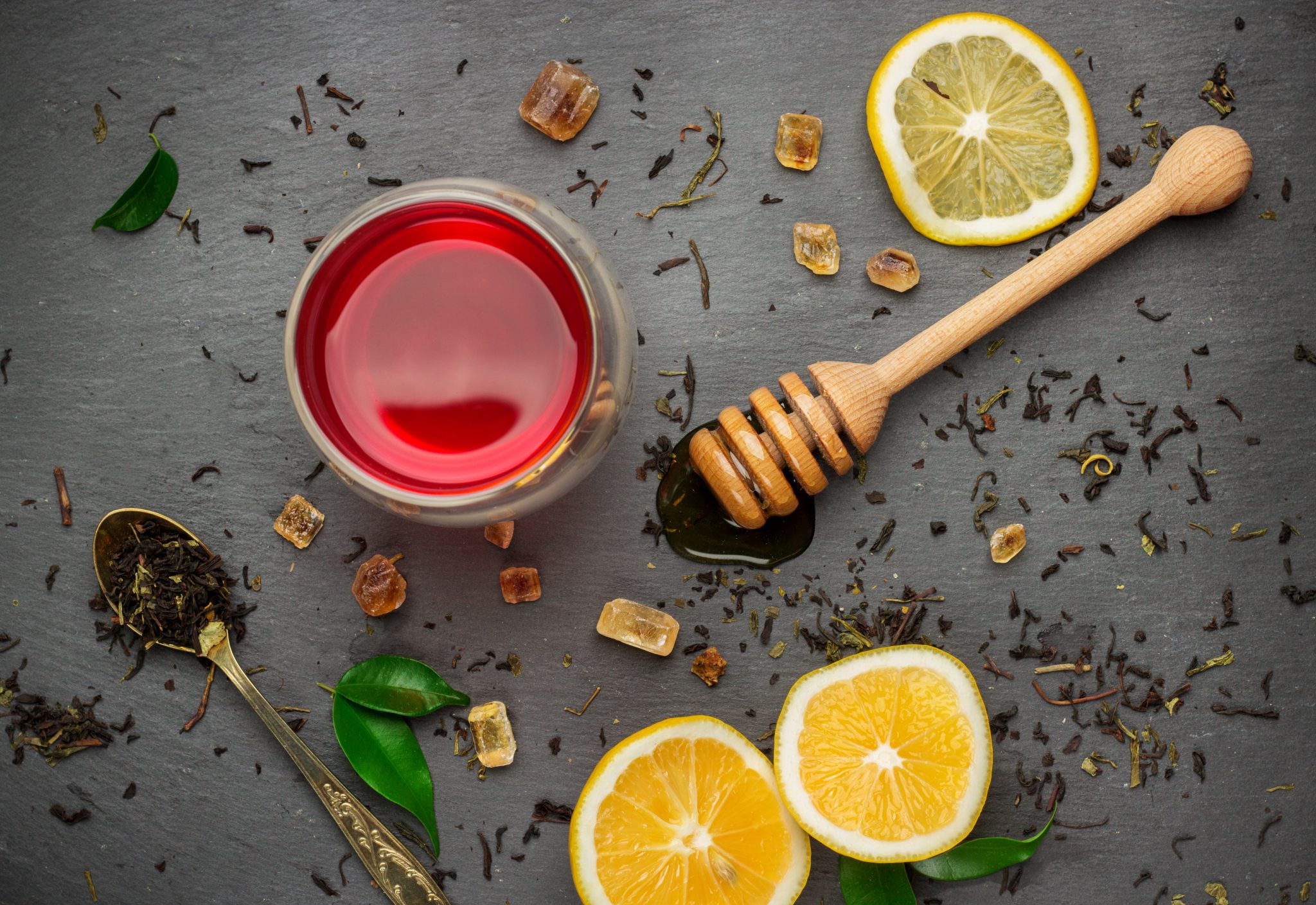
Chinese herbs for holiday season
With the holiday season comes the office parties, friendsgiving and family gatherings that often lead to indigestion, abdominal discomfort and disrupted bowel movements. Especially if all the rich holiday foods and drink is a departure from your normal clean eating regime. In Chinese medicine short term bloating, distension, acid reflux, and sometimes abdominal cramps due to excessive food intake is called food stagnation and the marquee formula prescribed is called Bao He Wan. The formula contains seven herbs that work together to promote the digestion of meat, fatty foods and grains, reduce nausea and vomiting, and regulate bowel movements. It can be taken before or after a large meal and is generally used for a short term. While the formula is generally safe for everyone, a skilled herbalist should still be consulted to determine if the formula is right for you as it contains certain grains.
The two main herbs in Bao He Wan are Shan Zha (or hawthorn berry) and Shen Qu (or Massa Fermentata). In Chinese medicine, Shan Zha helps digest fats and meats while Shen Qu helps digest grains. Other key herbs in the formula include Lai Fu Zi (or radish seeds) helps ease fullness and alleviates acid reflux, Chen Pi (citrus peel) that reduces bloating and belching, and Zhi Ban Xia (or prepared Pinella Rhizome) that helps with nausea and phlegm accumulation. As you can see, the five key herbs in Bao He Wan can cover the main causes and effects of indigestion after a large holiday meal. The formula can be prescribed by your herbalist in pill, granule (dissolve in hot water) or tincture form.
What if you don’t have access to an herbalist or a herbal pharmacy? Many health food stores or online shops carry both Shan Zha (hawthorn berry) and Chen Pi (citrus peel) that you can steep as tea. Hawthorn has been clinically proven to reduce blood pressure by relaxing the blood vessels, reduce cholesterol and increase coronary flow, all of which can aid in digestion. Citrus peel (or Chen Pi) is also sold as tea or in dried form. Citrus peel is known to reduce gas and bloating and research suggests that it can reduce triglycerides and improve insulin sensitivity. Citrus peel has also been shown to reduce cholesterol. That is why asian restaurants always bring a plate of oranges after you finish your meal.
Even with teas, it is important to consult with your herbalist to see if there are any contraindications or adverse drug interactions that could be detrimental to your health. Bao He Wan or any food stagnation herb generally should not be taken long term. Chronic indigestion and food stagnation symptoms can indicate a deeper digestion or absorption problem that you should see your herbalist or acupuncturist to address.
Happy Holidays!
Sources
Tassell, M.,C., Kingston, R., Gilroy, D., Lehane, M., & Furey, A. (2010). Hawthorn (Crataegus spp.) in the treatment of cardiovascular disease. Pharmacognosy Review, 4(7), pp. 32-41.
A Stokes. (2017, Oct. 3) Citrus Peel Benefits. Retrieved from https://www.livestrong.com/article/155590-citrus-peel-benefits/
Acupuncture Today. Massa Fermentata (shen qu). Retrieved from http://www.acupuncturetoday.com/herbcentral/massa_fermentata.php
Acupuncture Today. Radish (lai fu zi). Retrieved from http://www.acupuncturetoday.com/herbcentral/radish.php
Acupuncture Today. Citrus peel (chen pi). Retrieved from http://www.acupuncturetoday.com/herbcentral/citruspeel.php


